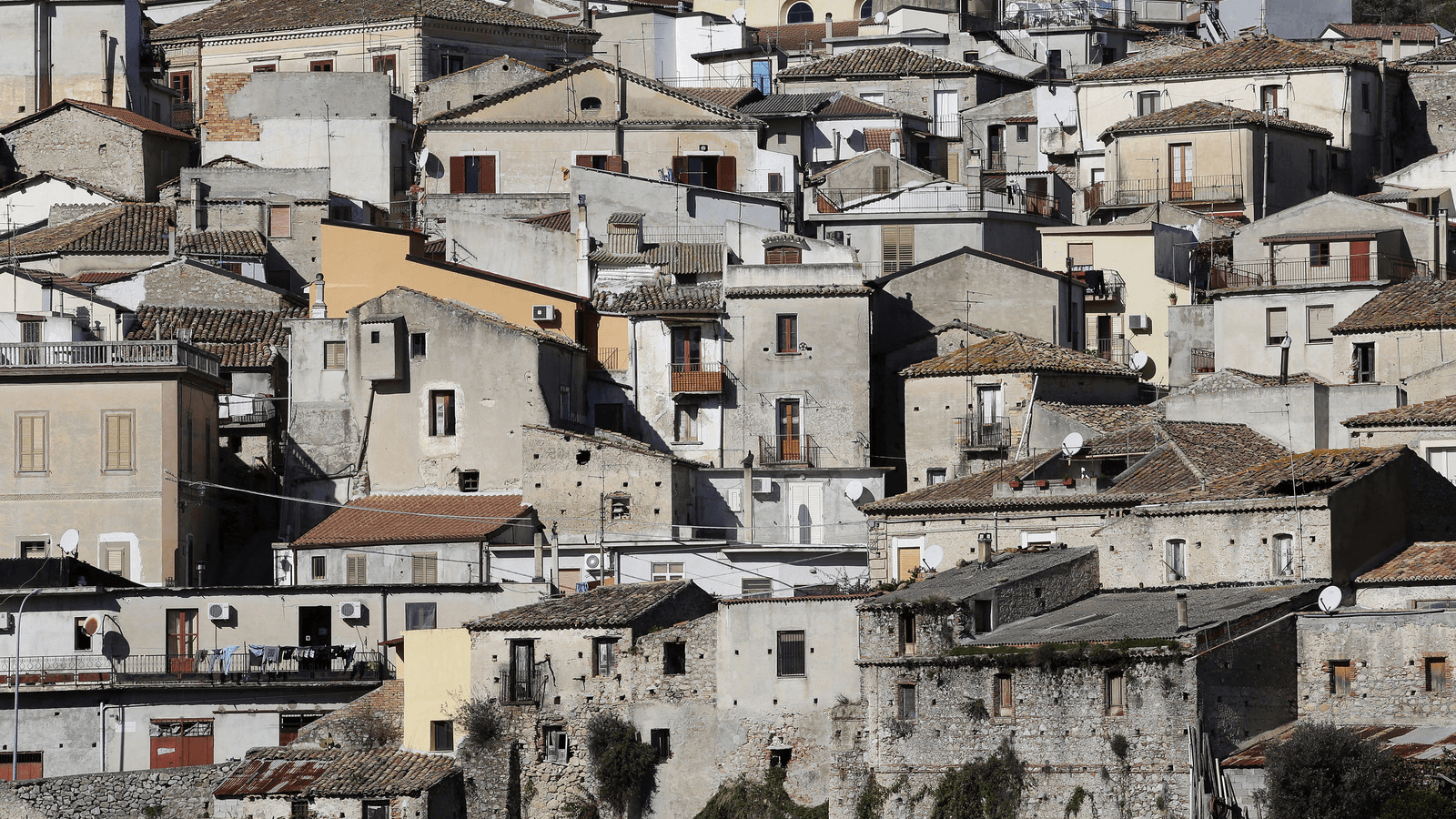The town of Riace is seen in the southern Italian region of Calabria, Nov. 22, 2013. Riace is a small village in Calabria, a poor region in the south of Italy where the 'Ndrangheta crime group is based.
Nearly 170 people, including mayors, businessmen and local administrators, were arrested on Tuesday in a large anti-mafia blitz in Italy and Germany against clan members who controlled restaurants, garbage collection and funeral services.
Police and investigators told a news conference that most of the arrests, which totaled 169 by early afternoon, were carried out in the southern Italian region of Calabria, the base of the 'Ndrangheta crime group. More could be apprehended, they said.
In recent years the 'Ndrangheta has overtaken the Cosa Nostra, or Sicilian mob, in drugs and arms trafficking and extortion rackets, extending its tentacles into northern Europe, the United States and Canada.
In Germany, police also arrested about a dozen men, as part of the same operation, on suspicion of blackmail, attempted murder, money laundering and other organized crime offenses.
Police searched six apartments and four restaurants in Germany and confiscated cash, mobile phones, documents and storage devices, they said.
Investigators said the clans of the Farao and Marincola families, based in the Calabrian city of Ciro Marina, had infiltrated businesses in both countries, particularly firms involved in wine, food, garbage collection and funeral services.
At least three Italian mayors were arrested, including the mayor of Ciro Marina, as well as a number of city councilors.
The clan members forced restaurants to buy meat, fish, wine and other produce from complicit retailers or wholesalers associated with the mob.
The farmers' group Coldiretti estimates that at least 5,000 restaurants in Italy are in criminal hands and that the so-called "agro-mafia" business, including harvesting and distribution, is worth about 21.8 billion euros a year.
The clans also took control of some private garbage collection and recycling companies as well as funeral services, forcing people to use them instead of others.
In at least one case, investigators found links between the 'Ndrangheta and managers of a government-financed migrant shelter on the Calabrian coast.
Most of the tens of thousands of migrants who have made the dangerous crossing of the Mediterranean from North Africa to Europe land first in Sicily but many are later moved to shelters on the mainland, including Calabria.
Arrests were also made in several regions of central and northern Italy.
Eurojust, the Netherlands-based group that helps coordinate investigations and prosecutions of cross-border crime in the European Union, said in a statement that some of the Italian food producers were used as front companies to launder illicit profits made through other criminal activities.
There are believed to be about 100 ‘Ndrangheta families in Calabria, and they have become more successful than their Sicilian counterparts because their family ties are closer.
The 'Ngrangheta's more horizontal structure — which gives families more independence — has made it harder for investigators to crack than the Sicilian mob, which is based on a hierarchical structure with fewer top bosses.
Philip Pullella of Reuters reported from Rome.
Our coverage reaches millions each week, but only a small fraction of listeners contribute to sustain our program. We still need 224 more people to donate $100 or $10/monthly to unlock our $67,000 match. Will you help us get there today?
